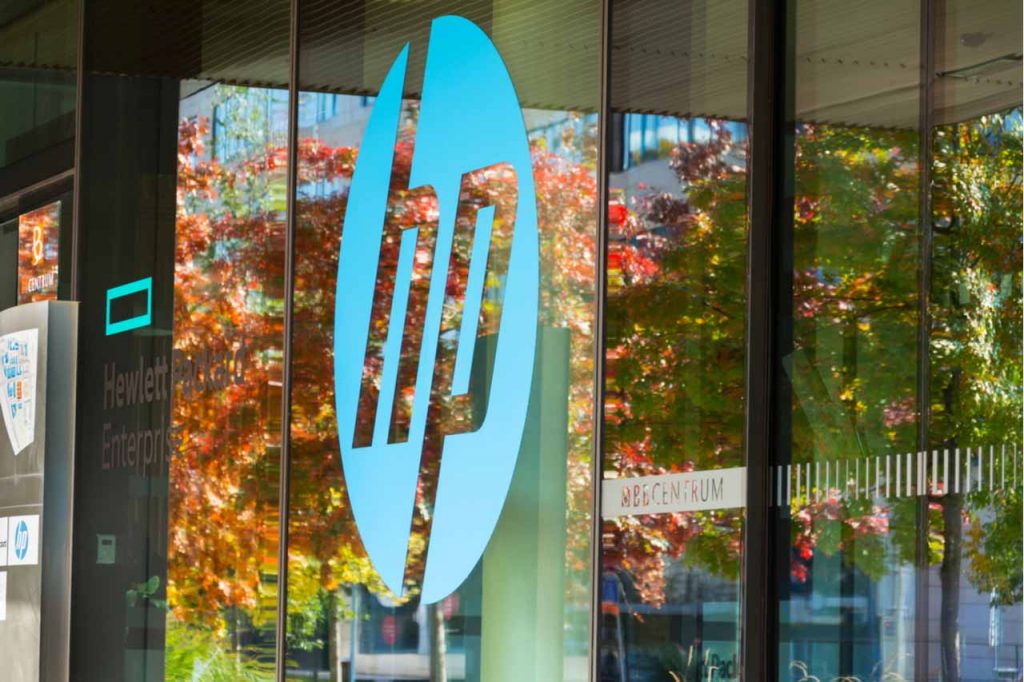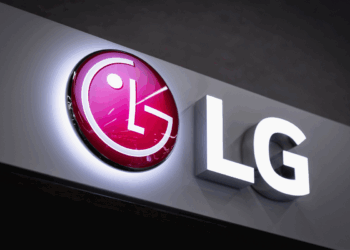
In the aftermath of Geoge Floyd’s killing, a number of large companies have issued statements opposing racism. HP’s CEO also issued a goal: Double the number of Black and African American executives by 2025.
For nearly two decades, the Palo Alto, Calif.-headquartered tech giant, which is a major stakeholder in North American electronics recycling, has tracked the racial diversity of its employees. And it was intentional when it created what it considers the most diverse board of directors among large technology companies.
In a recent interview, Ellen Jackowski, chief sustainability and social impact officer at HP, reflected on the company’s diversity and inclusion efforts, many of which were noted in the company’s 2019 Sustainable Impact Report, released June 24.
Jackowski said HP needs to do much more in the area of diversity and inclusion. For example, HP’s U.S. workforce is just under 4% Black and African American, she said. Nationally, Black and African American individuals account for 12.3% of all workers, according to the U.S. Bureau of Labor Statistics.
“It’s clear that we’re not making enough progress in Black and African American hiring,” said Jackowski. “Our current numbers are not acceptable, and we’re taking action to improve.”
Moving toward a more diverse workforce
HP’s 2019 Sustainable Impact Report noted that last year the company, through its global network of recycling vendors, recycled over 259 million pounds of electronic hardware and 32 million pounds of ink and toner cartridges.
But since 2002, the company’s sustainability report has included more than just environmental impact; it has also reported on the diversity of its workforce. HP sees people as interconnected with the environment and community, Jackowski said. For example, she said climate change – and now COVID-19 – particularly impact communities of color.
“With these unprecedented global challenges, these recent events continue to underscore the deep inequalities that remain in our society that we need to take more aggressive action against,” she said.
The company’s 2019 sustainability report notes that 63% of HP’s U.S. hires last year were from underrepresented groups, up from 57% the year before. “Underrepresented” includes women, minorities, veterans and people with disabilities. Of those hires, 40% were minorities, up from 32% in 2018. And, globally, 40% of hires were women, up from 32% the year before, she said.
But at 3.8%, the percentage of HP’s U.S. employees who are Black or African American is low. According to the 2019 sustainability report, 4.8% of new U.S. hires last year were Black or African American people.
In the U.S., 65% of HP employees identify as white.
Continuing to strengthen partnership with groups focused on the Black and African American community, as well as ensuring HP brings an intentional focus to job recruiting efforts, will be important, Jackowski said.
An example of a partnership is HP’s ongoing work with the National HBCU Business Deans Roundtable, through which HP participates in the Historically Black Colleges and Universities (HBCU) Business Challenge. Through the competition, college and university students pitch business ideas to HP, and they’re encouraged to apply for internships.
According to a March 2020 press release announcing the winners of the third challenge, HP has hired seven interns from the top teams over the past two years. Since the program started in 2017, out of 44 participants (17 of whom were repeat participants) HP offered full-time jobs to five.
Half a decade ago, when HP split into two companies, HP Inc. and HP Enterprise, HP Inc. intentionally worked to create a diverse board of directors, Jackowski explained. According to the 2019 sustainable impact report, 42% of the board is women, 58% are minorities in the U.S., and 33% are under-represented minorities.
“HP has the most diverse board of directors of any U.S. tech companies, so our leadership in this space clearly starts from the top,” she said.
The 2019 Sustainable Impact Report announced a goal, driven by CEO Enrique Lores, to double the number of Black and African American executives in the next five years. According to the report, HP had 314 executives globally in 2019. The report does not identify those executives’ races.
Encouraging supplier diversity
HP also works to support diversity and inclusion with its purchasing power.
HP’s recently released sustainability report states the company’s Supplier Diversity program spent $123 million with minority- and women-owned businesses. Jackowski said the program also encourages suppliers to take action to increase their diversity.
She referenced an example where HP sought out a supplier that supports low-income and minority populations. The company’s core recycling partner, Sims Lifecycle Services, subcontracts with Los Angeles e-scrap processor Homeboy Electronics Recycling. Homeboy, which disassembles printers and recovers the plastic for use in HP products, employs people who face barriers to work, including those with criminal records.
When asked for advice on how recycling companies can ensure minority representation in their organizations, Jackowski said the effort has to be intentional.
“Everyone is in a position to create change,” she said. “You might not realize in the recycling industry the opportunity that you have to create your own diversity and inclusion goal and progress for your company and industry, but we need action everywhere across all industries and all sectors. And it needs to start with the individual.”





























